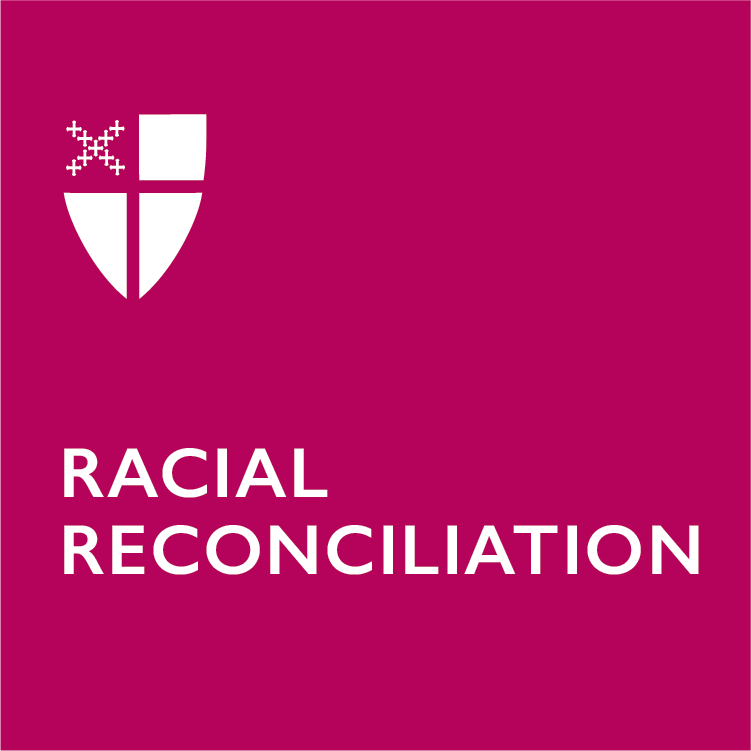By Lallie Lloyd

I am a descendant of White colonial settlers, and Sacred Ground has supported me along my ongoing path to healing relationships with God, my community (by which I mean all my relations), my inner self, and the natural world.
When I was a child, my mother told stories of courageous ancestors who emigrated from England so they could worship as their consciences dictated. She particularly loved the story of a distant grandmother who was exiled first from the Massachusetts Bay Colony and then from Rhode Island because she insisted her connection with God did not require the mediation of a clergyman. She also told of the two brothers who traveled by oxcart from Hartford to the Genesee Valley of Western New York to act as land agents for their uncle, a merchant and land speculator in Hartford.
Decades later the Episcopal Diocese of Massachusetts’ history of its legacy of the slave trade stirred my curiosity and began to trouble this narrative of my heritage. I soon learned the Hartford land speculator made his fortune in the slave trade; and he isn’t the only enslaver in my family tree.
I was raised in a cloak of Whiteness that ignored, discounted and denied the historical, social and interpersonal evidence of slavery, genocide and land theft. So, my psyche wouldn’t allow me to acknowledge what my nervous system could not yet bear to speak out loud: that I live on stolen land and benefit from the stolen labor of stolen people.
Years later I found Sacred Ground, which is more than a curriculum or program. It’s a community of practice that helped me create and sustain circles of trust where I could risk speaking out loud the truth I was learning.
Inside the strength and wisdom of this community of Episcopalians who have walked the path of Sacred Ground, now upwards of 25,000 strong, I found the fellow pilgrims, self-compassion, courage, and clarity I need to move from self-defeating shame to repentance, to a desire to repair relationships—that is, reparations.
We can’t repair relationships on a foundation of lies.
The tone of repair threads through a recent New York Times article describing the ongoing effort of the Onondaga Nation, a member of the Haudenosaunee confederacy that includes the Seneca of the Genesee Valley, to gain acknowledgement their land was stolen after a treaty was broken (“Why a Native American Nation Is Challenging the U.S. Over a 1794 Treaty,” March 15, 2024). In addition to a formal apology, they now seek a seat at the table on environmental decisions across their original territory, which encompasses 2.5 million acres. When the treaty was broken, their connection to the land was broken, so reconnection to the land is what they seek.
My attention to reparations relating to land has brought me into awareness of how the waterways here on Cape Cod are being poisoned. Like an underground river, our aquifer brings us fresh water and removes waste as it moves from its deep underground source out through our fragile estuaries and wetlands into the streams and bays, for which the Cape is famous.
In Mashpee, the next town over from me, a coalition of concerned citizens, including Wampanoag tribal leaders, is organizing to build infrastructure to restore and protect Mashpee Wakeby Pond, a center of Wampanoag traditional life and a recreational focal point for the entire community. The pond has degraded dramatically from human activity and suffers algae blooms that turn red, toxic and stinky when the weather gets warm, and require the board of health to close the beaches. This happens earlier and earlier each summer because of global warming. Later this week I’ll join the leaders of this coalition to offer followership support for their drive to pass a bond issue. For me, this is Sacred Ground in action.
—
Lallie Lloyd is the lead consultant for Sacred Ground. She served on Episcopal Church ministry and policy commissions at the local, diocesan, and national levels for many years.
